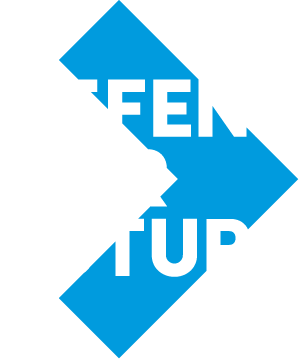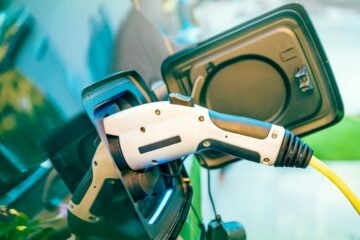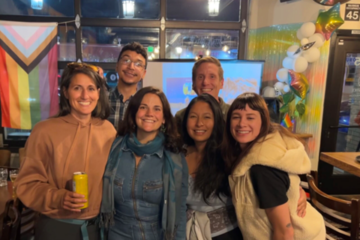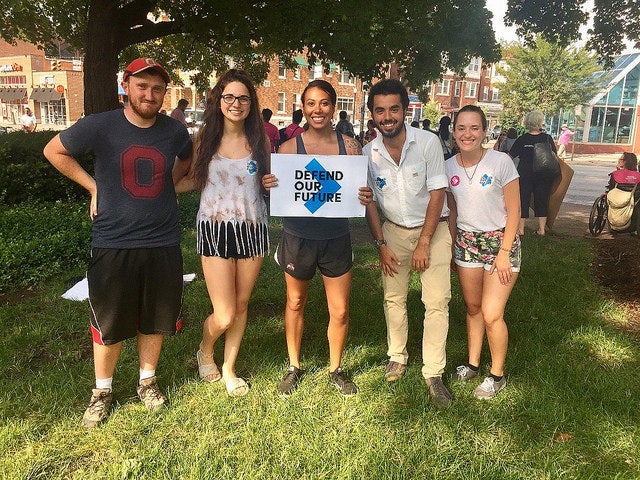I was 9 years old when Hurricane Katrina devastated New Orleans. Thousands of families and individuals whose homes had been swept away by the flooding arrived in my hometown of Austin over the course of several days. I vividly remember the day that my father and then-mayor of Austin, Will Wynn, took my sister and me to the Austin Convention Center to see what he and hundreds of volunteers were doing to help these people. As a young child, I struggled to comprehend what was happening. But even through my youthful naivety one thing was clear: everyone camped out on those cots was from low income communities and the overwhelming majority were minorities.
Hurricane Katrina to this day is remembered not just for its scale but for how much it disproportionately affected minorities, specifically African-Americans. What’s more, Katrina, and the cultural and socioeconomic rupture it revealed, was not an isolated event. Rather, it is another case study in the discussion of environmental justice.
Thanks to climate change, “storms of the century” like Katrina are becoming increasingly common, meaning that minority communities will become even more vulnerable than they already are. Natural disasters of this magnitude are often referred to as “social equalizers” that will impact us all equally. But since low income communities that are often majority people of color have fewer resources to combat these events, severe weather events triggered by climate change exacerbate underlying social inequalities.
Minority groups understand that climate change severely damages their communities, which is why they are more likely to support environmental regulations than white people are. As of about 8 years ago, over 70% of African-Americans in the U.S. live in areas that violate federal air quality standards, while 58% of white people live in areas with immense pollution in the air. This means that black children are twice as likely as white children to develop asthma. Additionally, a Yale poll in 2010 found that 89% of black respondents favored regulation of carbon dioxide, compared with 78% of white respondents.
Underrepresented groups don’t just want more federal and state-level action to fight climate change; they do the necessary work on the ground to aid their communities. From creating community gardens to engaging in community cleanup practices, minorities in places such as Detroit- where they are impacted by air pollution and urban heat islands- are tackling environmental issues that directly affect the needs of their people.
However, people that are working on the environmental justice side of the fight against climate change are not getting nearly the recognition they deserve. In fact, from 2007 to 2009, the National Committee for Responsive Philanthropy found that only 11% of environmental grants went towards progressing social justice issues in environmentalism.
The environmental movement obviously has big issues to tackle that transcend many social issues, but if the people who lead this movement ignore social issues that are plaguing our nation right now, they will be unable to bring everyone together on environmentalism. Environmental issues are social justice issues. The people most affected by climate change need our attention just as much as the polar bears do.




